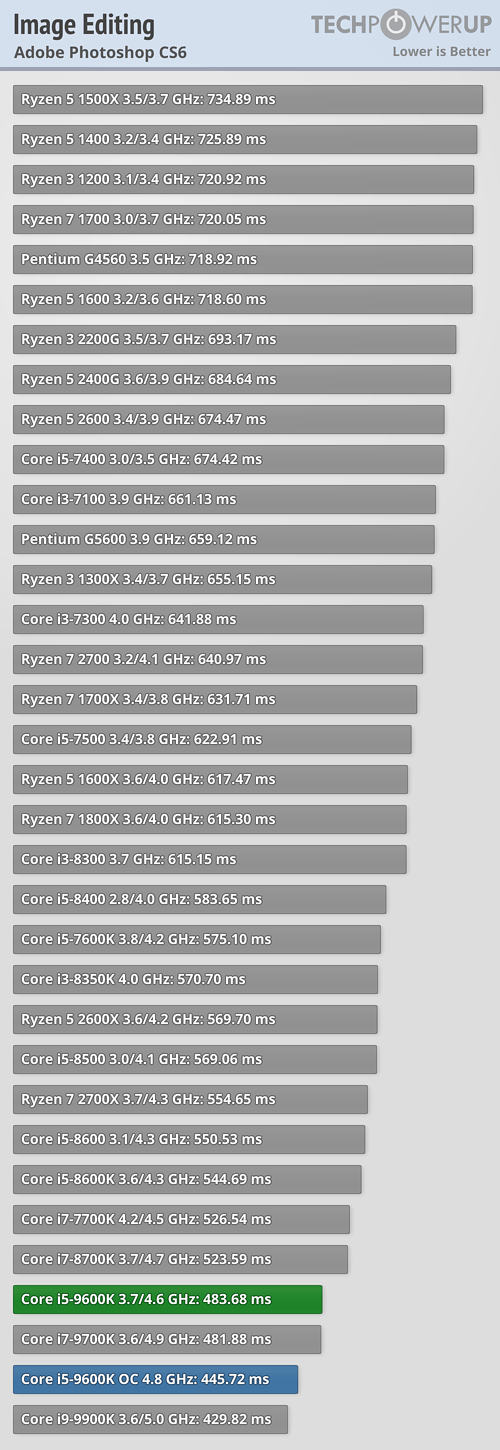I agree that you likely won't need more than a 1050 Ti, and could probably get away with even lower-end graphics hardware if not gaming or performing other tasks that heavily utilize the graphics card.
It is worth noting that Nvidia Recently released the GTX 1650 though, which draws a similar amount of power as a 1050 Ti, while delivering more graphics performance, and generally the 1650 is available for about the same price, if not a bit less. While you probably don't "need" that extra graphics performance, if you can get a system with the faster 1650 without paying more, it would be worth considering. I'm not sure if GTX 1650s will be common in prebuilt systems quite yet though, since they just came out in recent weeks.
What he means is that 1080p resolution can tend to look a bit less sharp on a larger screen like that, as the individual pixels that make up the image will be larger, and in turn more noticeable at a typical monitor viewing distance. At a screen size of around 27 inches or larger, a higher resolution would often be preferred. If you want a larger screen than 24 inches, 1440p (QHD) is another common resolution you might consider, which is in-between 1080p (FHD) and 2160p (4K).
Depending on how scaling is set up for an application, more resolution can result in text and images appearing sharper at a given size relative to your screen (since each character will contain more pixels), or text and other objects can appear smaller, but more can fit on the screen at once. Different applications may handle scaling a bit differently though.



